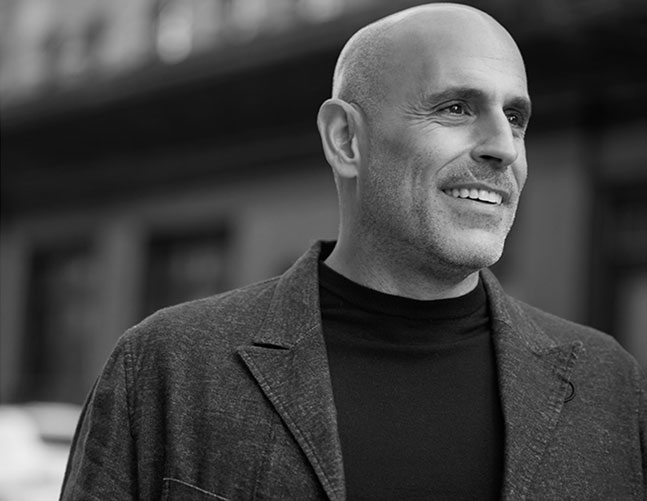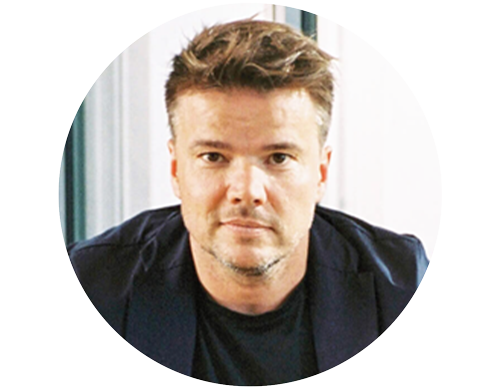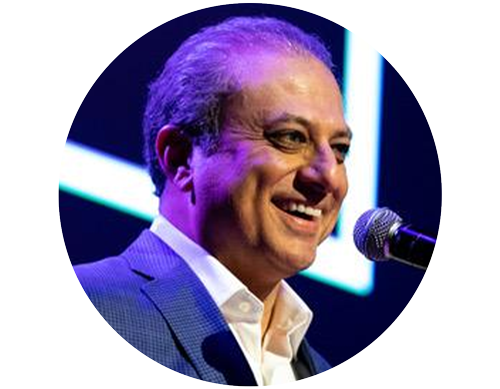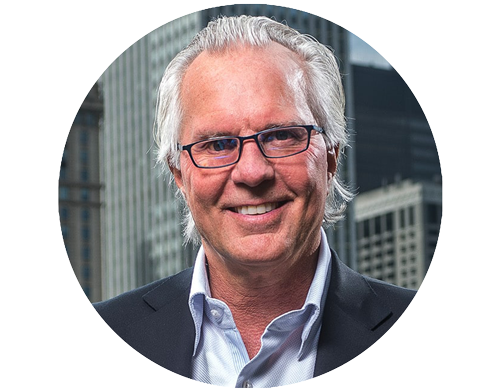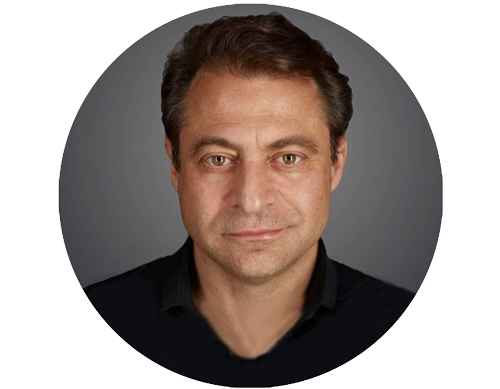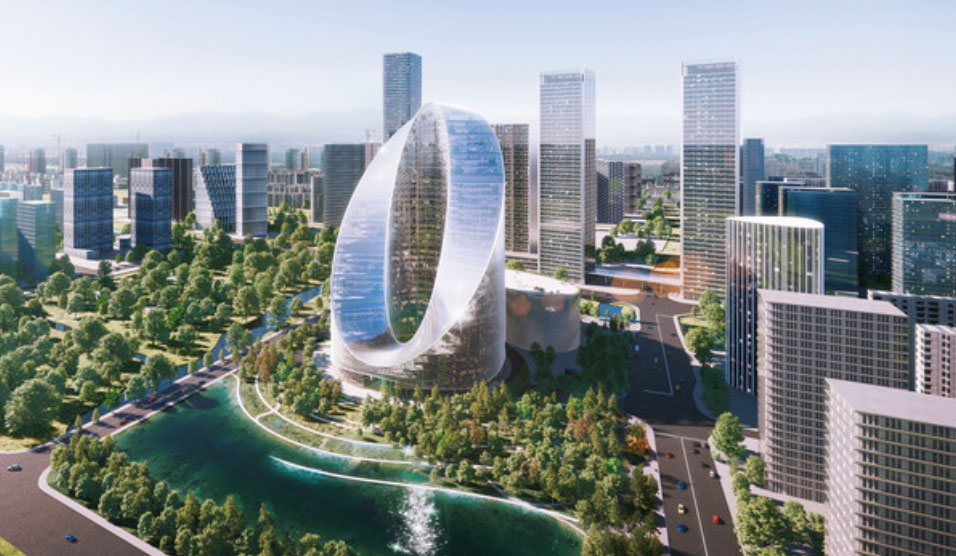We didn’t set out to build a city. But we found ourselves wondering:
With all the progress we’ve made in the last 100 year, why are so many people still barely getting by?
Like many Americans, we’ve watched the country grow more and more divided. And while capitalism has driven so much growth and innovation, it’s far from perfect. There are varying opinions on how to solve this — from increasing taxes for the wealthy and raising wages, to capping the top, reforming the education system, and providing more affordable housing. But across the board, we haven’t been able to agree on a proper path forward. And as time goes on, the gaps in wealth and income inequality only get wider.
So we started asking, how can we do better?
While researching, we came across a late 19th century book called Progress and Poverty. In it, economist Henry George argues that the real problem with capitalism is land ownership. There’s a finite amount of land, and landowners essentially have a monopoly. In addition, once the land has been claimed and given rise to communities, its value continues to increase without the landowners actually having to provide anything.
But what if we did it differently, and that land was owned by a community endowment instead? What if you took that land appreciation and put it back into the community that had actually created the value? It was inspiring to think about the possibilities — what if, for instance, you could pay the same taxes that you do today, but get the best social services of any country in the world?


